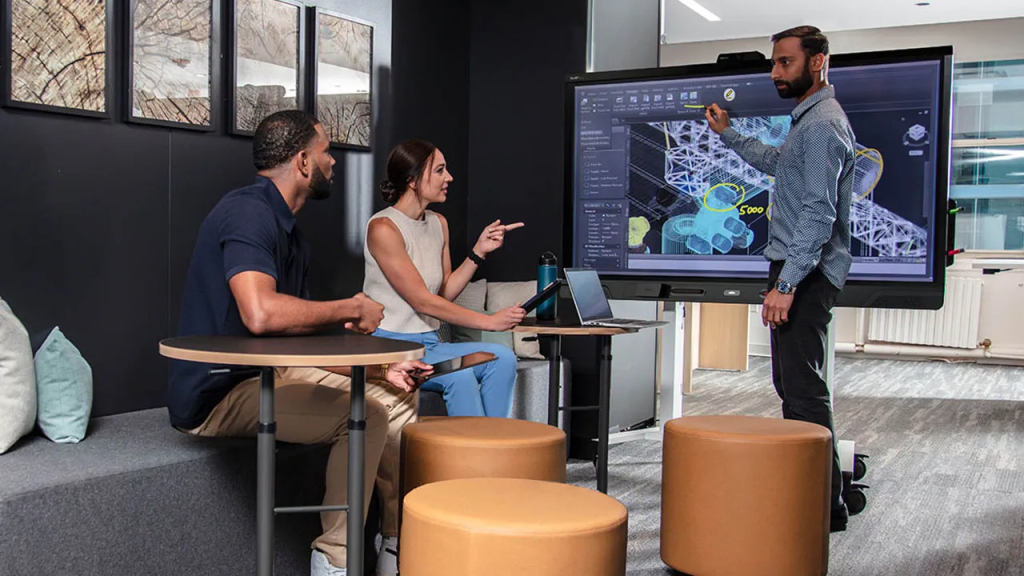Luxury living has long been associated with grandeur, exclusivity, and high-end aesthetics. But in today’s rapidly evolving world, true luxury is no longer just about opulence—it’s about intelligence, sustainability, and personalized experiences. Through his strategic approach to smart design, he is not only reshaping luxury living but setting new standards that merge innovation with indulgence.
In this article, we explore how U Wang Young is redefining luxury living through smart design principles. We’ll delve into his background, his core philosophies, and the forward-thinking projects that are making waves in both Southeast Asia and beyond.
Who Is U Wang Young?
Before diving into his groundbreaking contributions, it’s essential to understand the man behind the mission.
A Visionary Entrepreneur from Singapore
Born and raised in Singapore, U Wang Young began his entrepreneurial journey in real estate development, quickly carving a niche in high-end residential and commercial projects. Recognizing the synergy between real estate and tourism, he expanded his business portfolio to include luxury resorts and eco-tourism destinations.
From Conventional to Conceptual
While many developers stick to conventional templates, U Wang Young stands out for his ability to merge form and function. His developments aren’t just buildings—they are experiences, designed to reflect cultural authenticity while embracing cutting-edge technology.

The Philosophy Behind Smart Luxury Living
To understand how U Wang Young is redefining luxury living, one must grasp the core principles that guide his design and development process.
Design with Purpose
For U Wang Young, smart design isn’t about flashy gadgets. It’s about purposeful innovation—integrating technology in ways that improve daily living, reduce environmental impact, and enhance the human experience.
Sustainability as the New Luxury
In U Wang Young’s projects, sustainability is not an afterthought; it is a foundation. From green rooftops to energy-efficient systems and eco-friendly materials, his developments aim to reduce carbon footprints without compromising on elegance or comfort.
Personalization at the Core
Another pillar of his philosophy is personalization. U Wang Young believes luxury should adapt to the individual—not the other way around. His smart homes and hotels leverage AI-driven systems to learn residents’ preferences and create a tailor-made environment, from lighting to air quality to entertainment.

Innovative Smart Design in Practice
Let’s take a closer look at how these philosophies come to life in U Wang Young’s real-world projects.
Smart Villas in Sentosa Cove
One of his most iconic developments includes a collection of smart villas located in Singapore’s prestigious Sentosa Cove. Each villa features a centralized smart system controlled via a mobile app, managing everything from security and lighting to water temperature and voice-controlled entertainment systems.
The interiors are designed using locally sourced sustainable materials, and the architecture reflects a blend of modern minimalism with tropical aesthetics. These villas exemplify how U Wang Young combines lifestyle, technology, and sustainability in one seamless package.
Eco-Luxury Resorts in Bali
In the tourism sector, U Wang Young has launched a series of eco-luxury resorts in Bali, Indonesia. Each resort is built using renewable materials like bamboo and reclaimed wood, and powered by solar energy.
Guests are offered smart rooms equipped with intuitive systems that learn their preferences, offering them a personalized stay. Whether it’s adjusting room temperature based on external humidity or offering wellness programs tailored to a guest’s previous visit, these resorts are a testimony to luxury evolving into a meaningful experience.
Urban Smart Condominiums
In urban areas like Kuala Lumpur and Bangkok, U Wang Young has begun developing smart condominiums aimed at digital natives and young professionals. These units feature automated access systems, app-controlled appliances, and modular interiors that can be customized at the touch of a button.
The projects also feature co-living and co-working spaces that encourage community, a concept he believes is essential in redefining modern urban luxury.

Collaborations and Global Influence
As his reputation grows, so does his influence beyond Southeast Asia.
Strategic Partnerships
U Wang Young frequently collaborates with top architectural firms and tech companies to ensure that his developments remain on the cutting edge. From working with smart home innovators to partnering with sustainability-focused NGOs, his network enhances the quality and reach of every project.
Training the Next Generation
Believing that education is a critical component of long-term success, U Wang Young has launched a mentorship program in Singapore aimed at young architects and designers. The program emphasizes ethical development, technological literacy, and environmental awareness.
Challenges and the Road Ahead
Like any pioneer, U Wang Young faces challenges. From navigating regional regulations to managing the high costs of green technology, his journey hasn’t been without obstacles. However, he sees these as opportunities rather than setbacks.
Navigating Costs and Regulations
High-end smart technologies and sustainable construction come with steep initial investments. But U Wang Young advocates for long-term thinking. He argues that the savings in operational costs and the added value of sustainability far outweigh the initial expenses.
Vision for the Future
Looking ahead, U Wang Young envisions expanding into Europe and the Middle East, bringing his brand of smart luxury to new markets. He also plans to launch a line of modular eco-homes—affordable yet luxurious residences that could redefine what middle-income families expect from a modern home.

Conclusion
How U Wang Young is redefining luxury living through smart design is not just a story of technological integration—it’s a story of vision, empathy, and innovation. By challenging traditional notions of luxury, he is building a future where homes and resorts are not just places to stay, but ecosystems that enrich life in meaningful ways.
As the lines between comfort, sustainability, and intelligence continue to blur, pioneers like U Wang Young remind us that the future of luxury is not only smart—it’s deeply human.

